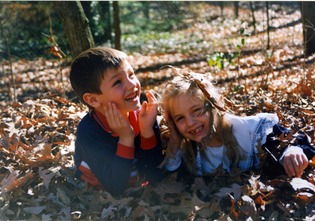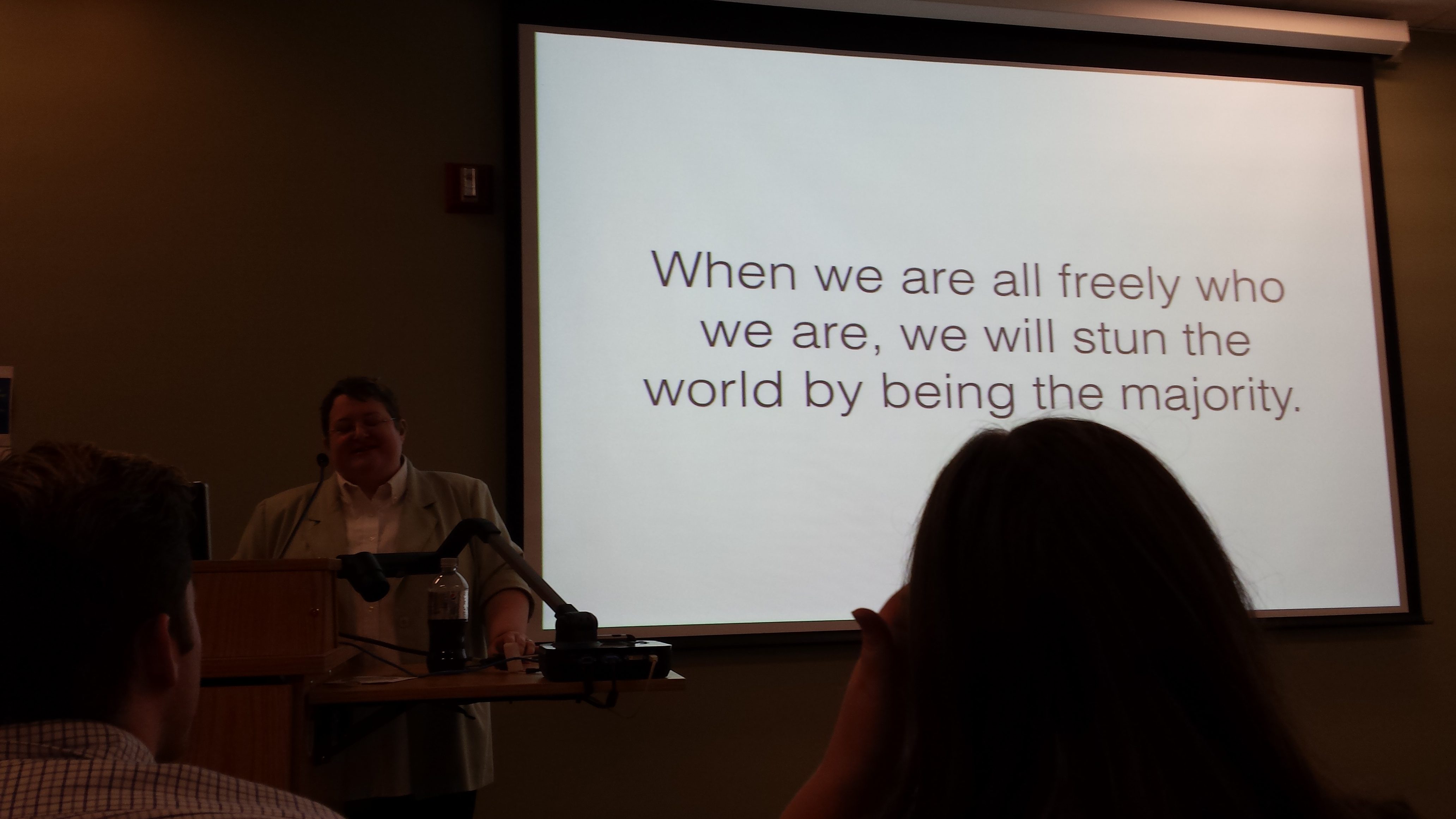What’s autism-friendly is human-friendly. Humans are a diverse bunch of beings.
When I left the classroom and began working as a member of the diagnostic team at the Asheville TEACCH Center in 1990, I was in the position of explaining to parents’ what autism means – and often directly to a teenager or older child. As the 1990’s progressed, we saw a steady increase of adults referring themselves for diagnostic evaluations, and again, I needed words to communicate with adults who came to the evaluation appointment with critical issues about themselves and their lives.
Jim Sinclair, an autistic person who was an early pioneer of the online autism community back in the early 1990’s, wrote in his now classic essay Don’t Mourn For Us (1993) about autism as a “way of being.” Thank you, Jim Sinclair, for leading us.

Cures and causes?
When I meet people, and they ask me what I do, and they hear the word autism, their first questions typically have to do with cures and causes. But I don’t have much to say. I don’t think in those terms. When asked why I don’t focus on cures and causes, I explain that it is clear to me that there are all kinds of people that are born into this world; that it is obvious there are different ways of thinking and learning and being. Period.
So then, what do I do?
I watch, listen, ask, and learn. I collaborate, offer, wait, invent, connect, assess, suggest, encourage, and keep on learning. I am honored to witness awesome journeys of self-understanding and self-acceptance; appreciation and mutual understanding; courageous self-advocacy; and a greater sense of well-being – of happiness. And I keep learning, working in partnership with the person, the family, the teacher, or the group. We are all in this together. The thing is, there’s plenty of work to go around in order to actually live in this world, and I am constantly in awe and gratitude of the courage and trust that it takes.
What is true Autism Acceptance?
Excerpt from The ABC’s of Autism Acceptance, pp. 116-117, by Sparrow Rose Jones:
“Autism Acceptance means helping, mentoring, guiding but never trying to re-shape an Autistic person for no good reason beyond the comfort of others. If you accept Autistic people, you will accept that we often move differently, communicate differently, and think differently. Autism acceptance does not mean just letting us ‘go wild’. We need mentoring just like everyone else. Read more…
And here, guest speaker in 2017 at the University of North Carolina in Asheville, Ibby Grace, amazing professor, activist, autistic advocate, and speaker, inspires me with her wisdom:

